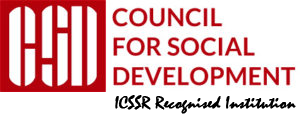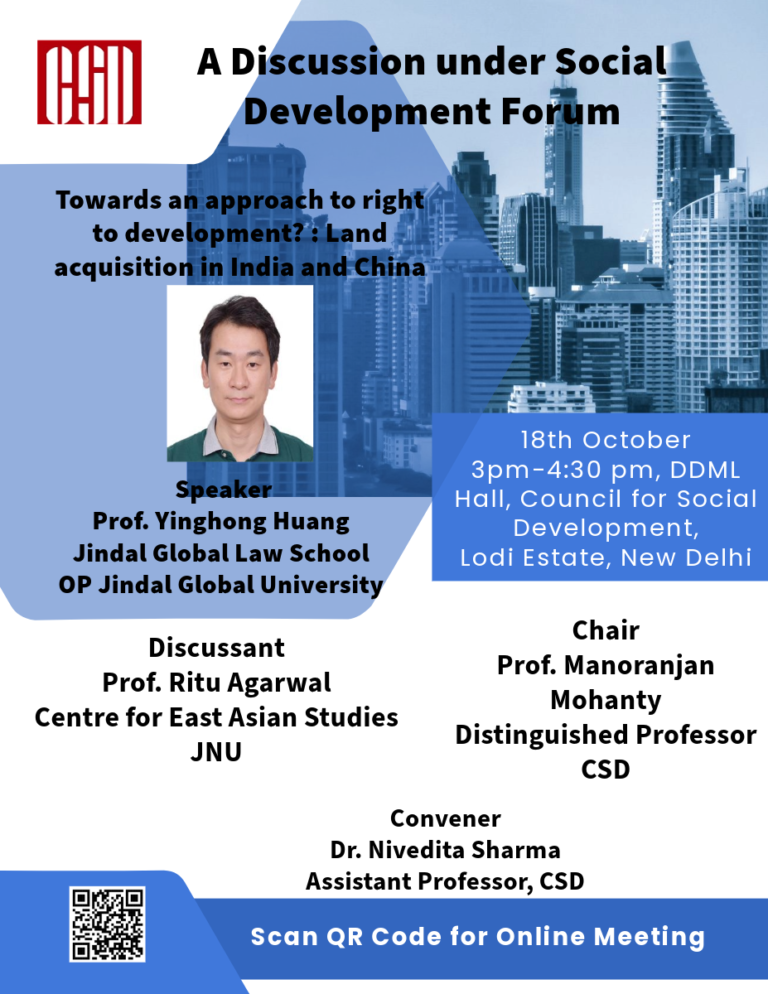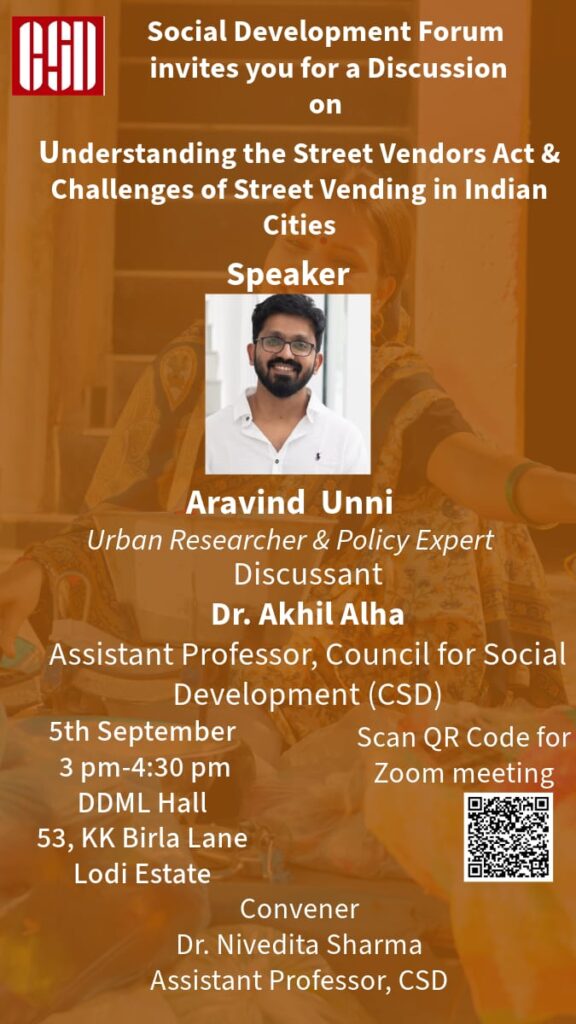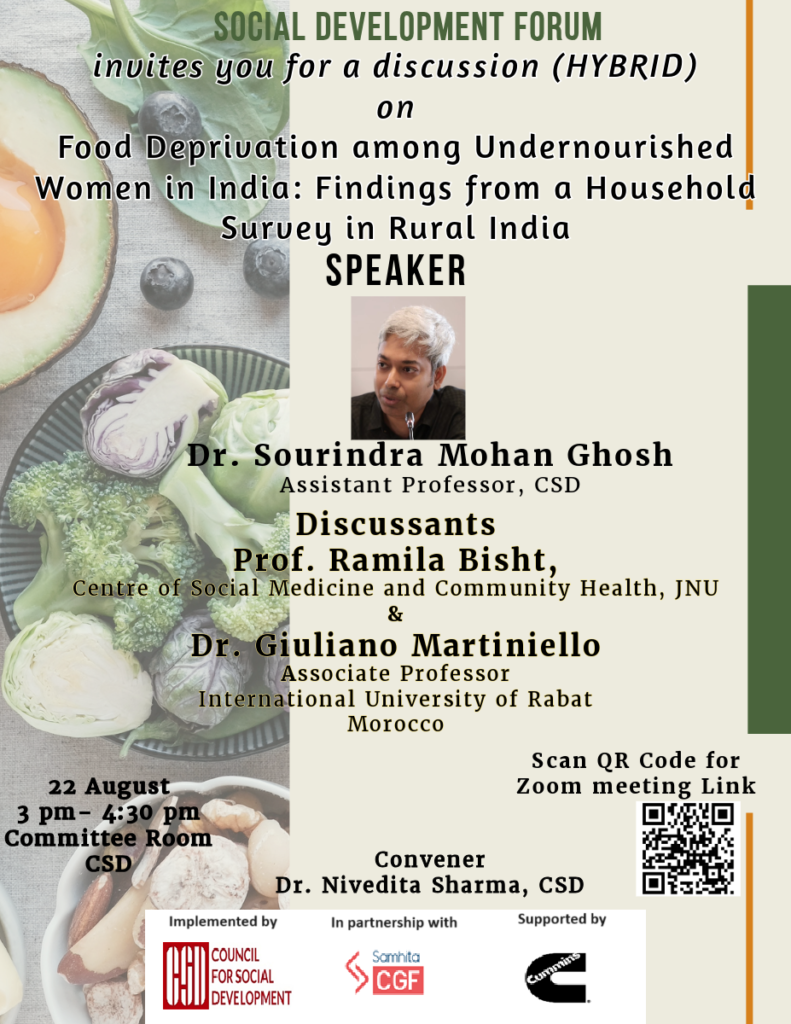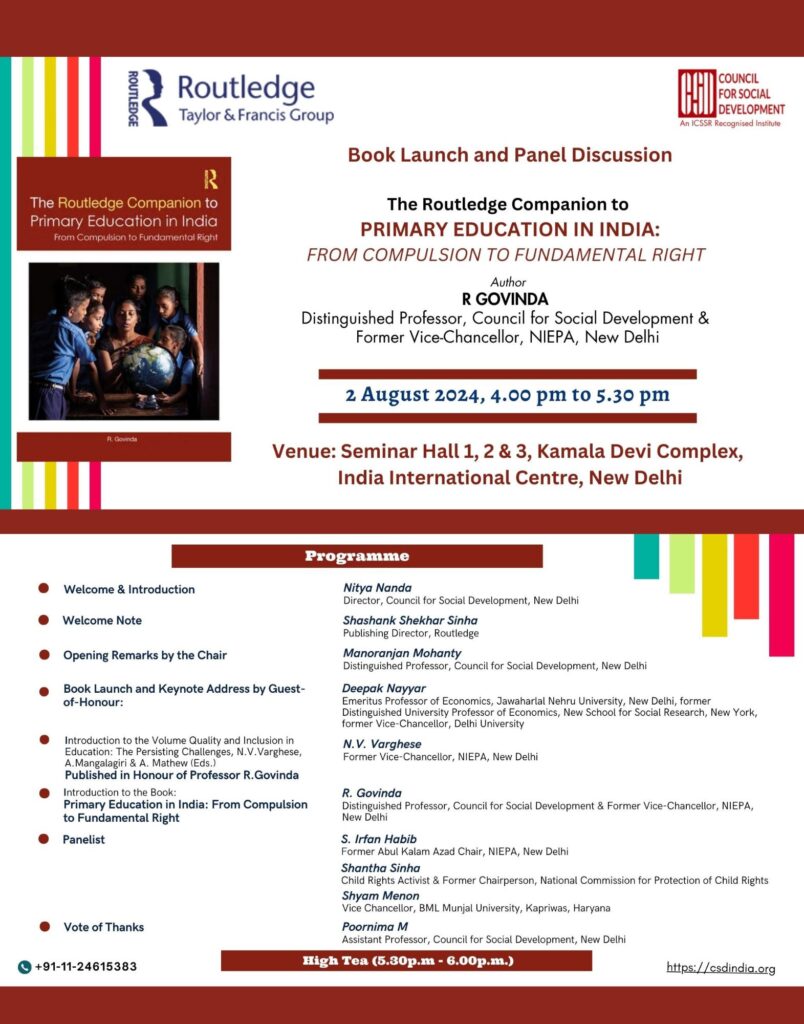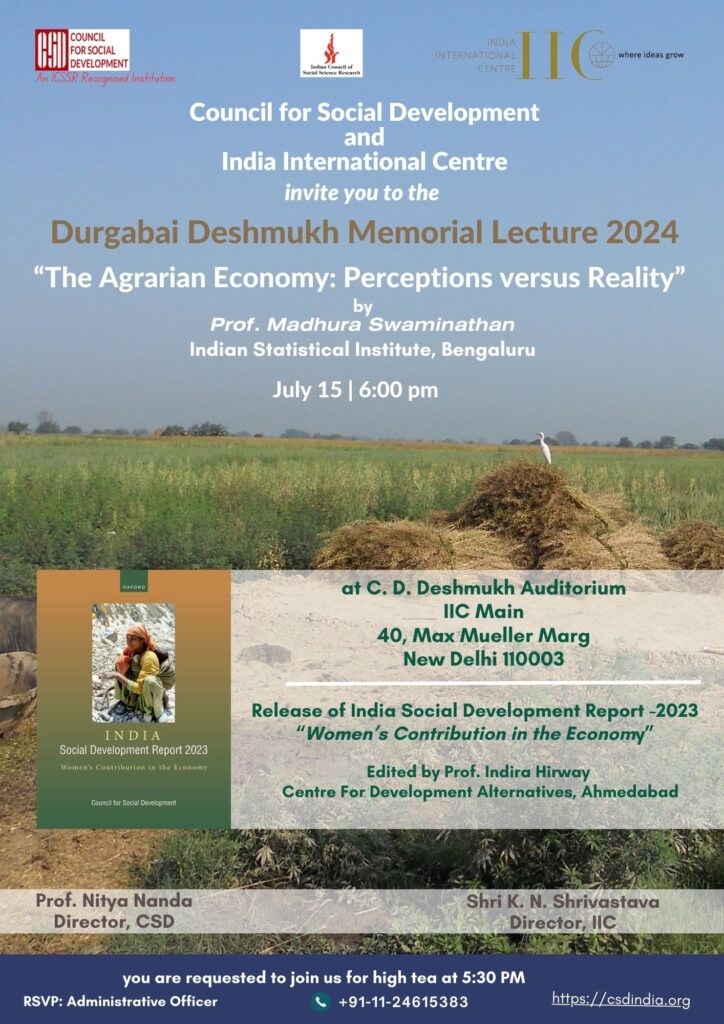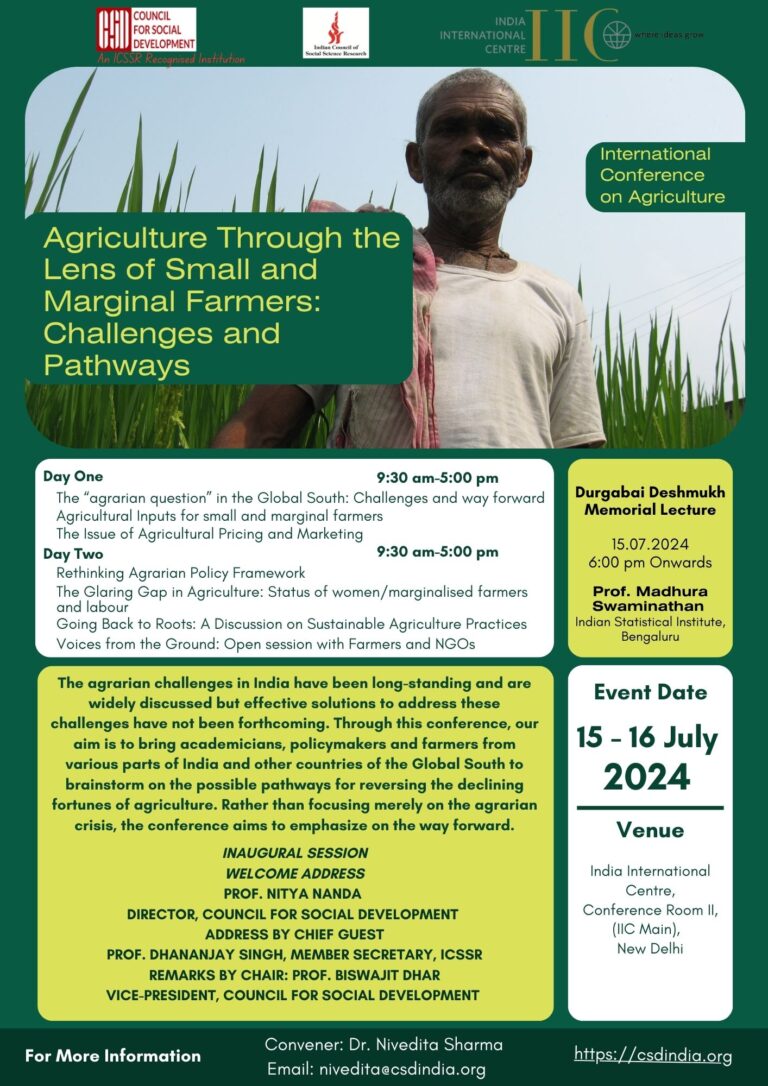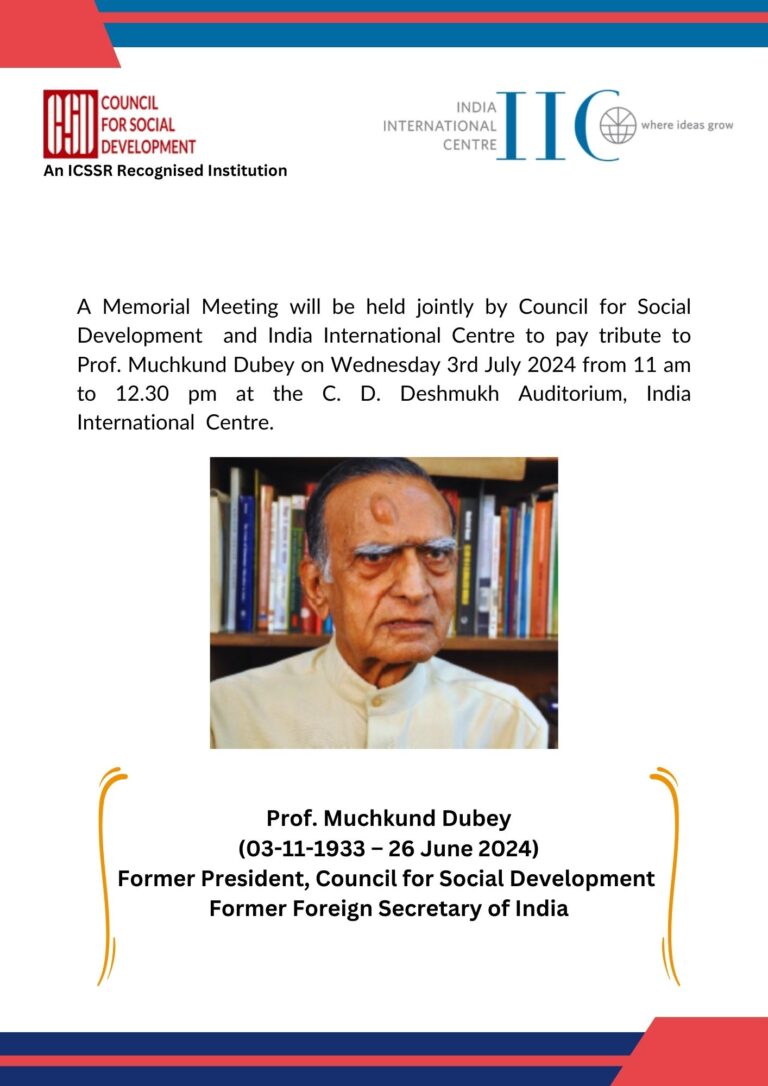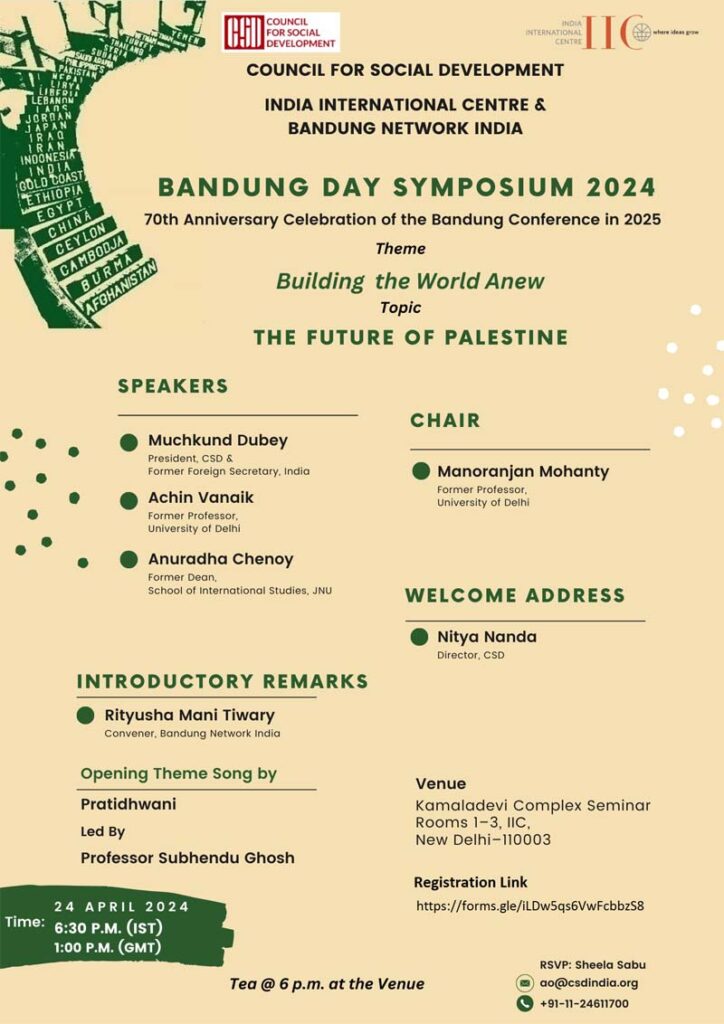Dr Sarthi Acharya, educated at IIT Kanpur and SGPiS Warsaw, is an economist with more than four decades of experience with public economic policies, providing academic/ professional consultancy, managing research programmes, organising seminars and trainings, and advising Governments on economic development policy issues. He was with the Tata Institute of Social Sciences Mumbai for 20 years, where her served as professor and Deputy Director, and briefly as Director. He has consulted with the World Bank, ADB, and different UN and multi/bilateral international agencies like the Population Council and the Mauritius Research Council. He has also been an international staff member with the ILO, UNDP and Unicef for over 12 years, and has served as Research Director at CDRI Cambodia for two years. He has been a Visiting Scholar at Boston University in 1988-89, ISS Netherlands (1991-92), and the IPB-PSP Indonesia (1986-87). Dr Acharya has work experience across India, Thailand, Mongolia, Cambodia, Laos, Indonesia, Mauritius and Ethiopia and has also worked in United States and Netherlands. He has experience in both, quantitative analysis and qualitative analysis, and has handled large datasets. He has also conducted primary surveys/village surveys in the field.
Areas of Interest and Experience:
1. Labour market analysis, wage determination, segmented labour markets, migration
2. Human capital and development
3. Human Development – Written Human Development Reports for three countries
4. Poverty analysis, computation and poverty alleviation programmes
5. Area studies – esp. Northeast India, Southeast Asia
Dr. Sarthi Acharya has served on several committees of the Government of India, Government of Maharashtra, and also on committees outside the country. These are mainly in areas related to labour, migration and poverty analysis. He presently serves as the Managing Editor of the Indian Journal of Labour Economics. Dr. Acharya has written over 60 academic papers and four books, all of which are peer-reviewed and published nationally and internationally.
